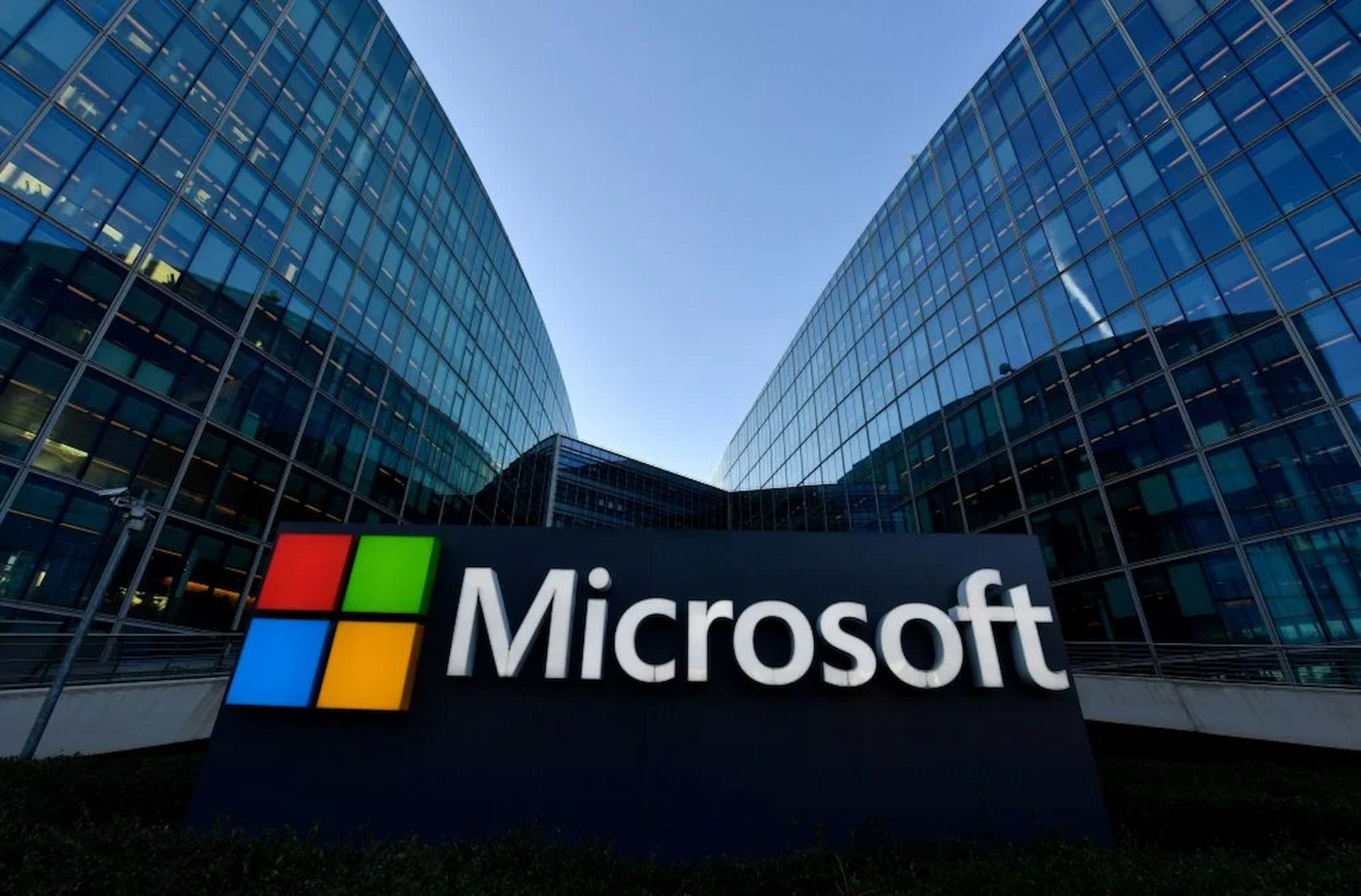Imperial College London has launched a public consultation on plans for a new twelve-storey academic building in White City dedicated to AI and data science.
A proposed development that will bring together computer scientists, mathematicians, and business specialists to advance AI research and innovation.
A building that will include laboratories, research facilities, and public areas such as cafés and exhibition spaces. It forms part of Imperial’s wider White City masterplan, which also includes housing, a hotel, and additional research infrastructure.
The university aims to create what it describes as a hub for collaboration between academia and industry.
Outline planning permission for the site was granted by Hammersmith and Fulham Council in 2019. The consultation is open until 26 October, after which a formal planning application is expected later this year. If approved, construction could begin in mid-2026, with completion scheduled for 2029.
Imperial College, established in 1907 and known for its focus on science, engineering, medicine, and business, sees the new campus as a step towards strengthening the position of the UK in AI research and technology development.
Would you like to learn more about AI, tech and digital diplomacy? If so, ask our Diplo chatbot!










